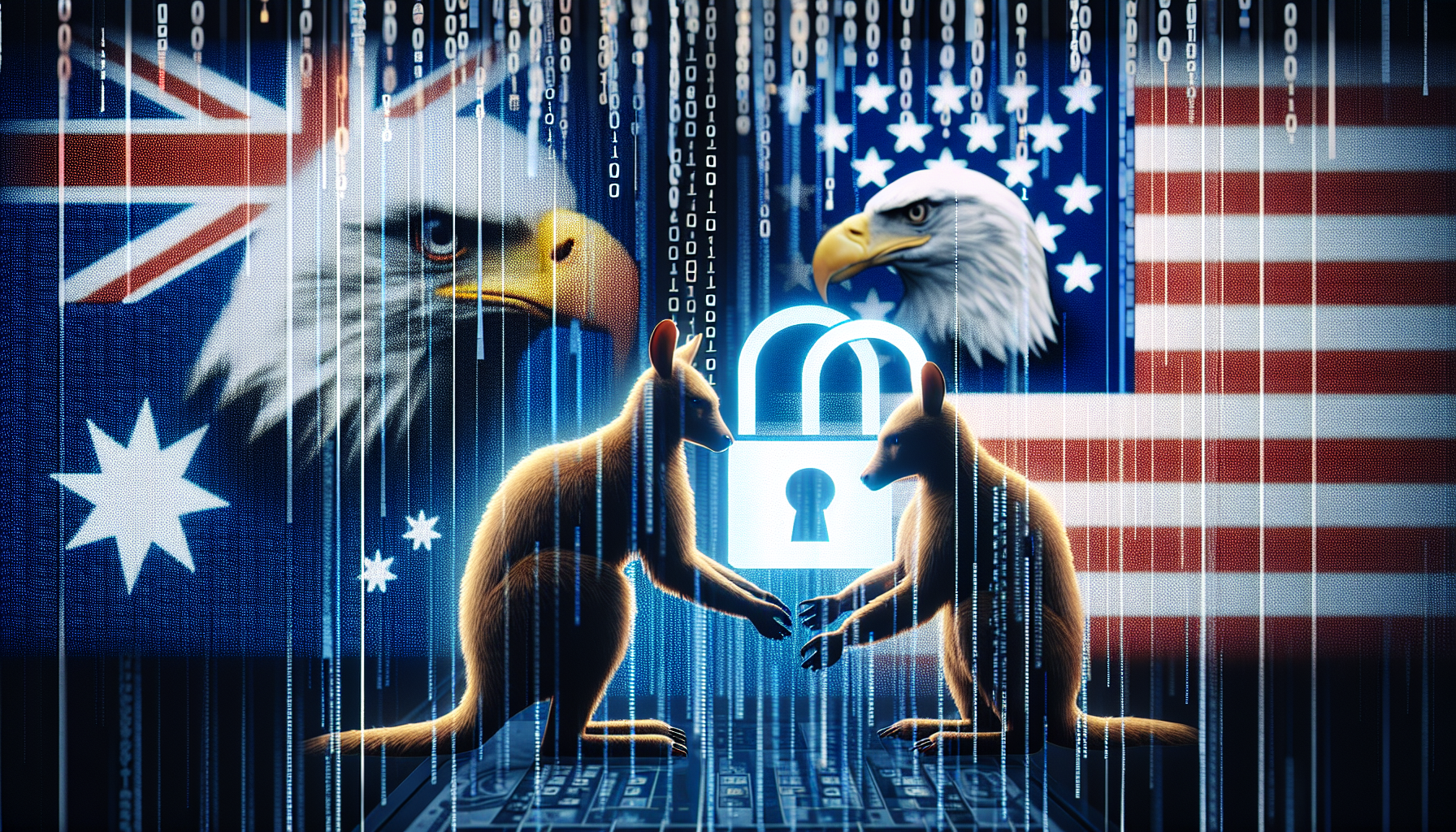Australia and the US Take Action with Sanctions Against North Korean Cyber Operations
We independently review everything we recommend. When you buy through our links, we may earn a commission which is paid directly to our Australia-based writers, editors, and support staff. Thank you for your support!
Australia and US Intensify Efforts with Sanctions on North Korean Cyber Operations
Quick Overview
- Australia targets four entities and one individual associated with North Korean cybercrime through sanctions.
- Sanctioned groups consist of the notorious Lazarus Group, Andariel, and Kimsuky.
- US Treasury’s OFAC follows suit with similar sanctions against North Korean hackers.
- Reportedly, North Korea’s cyber activities have yielded US$3 billion in illegal earnings.
- Cooperative initiatives by Australia and its allies to monitor and mitigate North Korean cyber threats.
Australia’s Sanctions on North Korean Cyber Operations
Australia has enacted financial measures and travel restrictions on four entities and one individual tied to North Korea’s infamous cryptocurrency theft schemes. Foreign Minister Penny Wong revealed the sanctions directed at the Lazarus Group hackers, recognized for the 2014 Sony Pictures breach and the 2017 WannaCry ransomware incident.

Entities Under Investigation
The entities facing sanctions include the Lazarus Group and its subgroup Andariel, which targets international defense, aerospace, nuclear, and engineering sectors. Another group, Kimsuky, is focused on espionage against South Korean government bodies, think tanks, and foreign policy experts.
US Treasury’s Actions Against Cybercrime
At the same time, the US Treasury’s Office of Foreign Assets Control (OFAC) has imposed sanctions on North Korean hackers and organizations. OFAC states that North Korea depends on cybercrime to finance its weapons of mass destruction and ballistic missile endeavors. Cybercriminals have allegedly accumulated US$3 billion, mainly through cryptocurrency heists.
OFAC’s Focused Measures
OFAC has placed sanctions on two North Korean bankers, Jang Kuk Chol and Ho Jong Son, connected to ransomware activities. Additionally, entities such as Korea Mangyongdae Computer Technology Company (KMCTC) and Ryojung Credit Bank have been singled out for money laundering and financial dealings supporting North Korean IT personnel.
Global Cooperation Against Cyber Threats
Australia, along with ten Western allies, has recently published a report from the Multilateral Sanctions Monitoring Team (MSMT), shedding light on North Korea’s cyber operations and breaches of United Nations Security Council resolutions. The report emphasizes the global community’s resolve to address North Korean cyber threats.
Conclusion
The coordinated sanctions by Australia and the US illustrate a robust response to North Korea’s cyber activities. By focusing on significant entities and individuals involved in cybercrime, both nations aim to curtail the illegal financial channels financing North Korea’s weapons programs. Through worldwide collaboration and ongoing oversight, the international community strives to diminish the danger posed by these cybercriminal operations.
